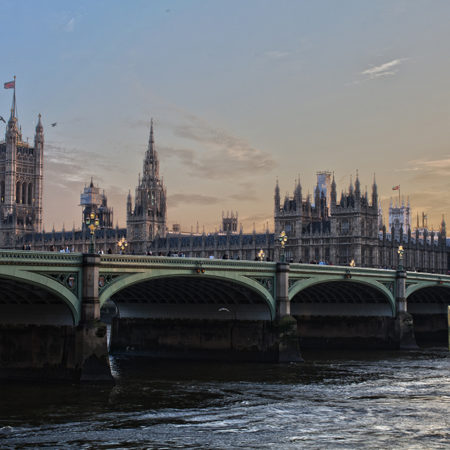Any onlooker active within sustainability spheres will be all too familiar with the term ‘greenwash’. It describes ill-conceived motives within corporates to capitalise on sustainability trends within their marketing, without truly seeking to deliver genuine sustainability. It’s about seeking a quick buck without any real intention to improve green business practice.
ClientEarth, an environmental law firm, has taken steps to deliver a set of ground rules for corporate net zero, in a bid to ensure the growing number of climate promises being touted by the private sector are effective in their stated aim of reducing real-world emissions and can stand up to accusations of ‘greenwash’.
But can their principles do the job?
What are the principles?
The law firm’s red lines consist of ten non-negotiables that companies should adhere to if they want to prove that net zero pledges are reasonable, accountable, and transparent, from folding climate targets into articles of association to updating executive remuneration and performance incentives to reflect corporate sustainability goals.
ClientEarth lawyer Daniel Wiseman said: “Businesses and investors are finally setting Paris-alignment and net zero targets – which is crucially needed. But unless these targets are supported by strategies that are reasonable, transparent and include strong accountability mechanisms, there is a significant risk that stakeholders will be misled.”
While companies are developing new climate strategies, investors and shareholders now also expect it, argues ClientEarth. Earlier this year, Barclays announced its commitment to Paris-alignment after shareholder pressure, while BP set out the details of its net zero strategy at its capital markets day last month. Large investors, like the BT Pension Scheme, are also setting their own net zero goals.
Truth or lies?
ClientEarth suggests that net zero objectives must be adopted within the entity’s (businesses’) articles of association or other constitutive documents, subject to any restrictions in local law.
In the UK at least, articles of association specify the regulations for a company’s operations and define the company’s purpose. They lay out how tasks are to be accomplished, including the process for appointing directors and the handling of financial records.
That cuts to the very core of a firm’s being; exactly the place where net zero needs to be embedded to do its best work.
It seems very reasonable to argue that if net zero obligations, compliance, planning and practice are defined within these core structural and operational definitions, the space for greenwash or malpractice could be substantially limited.
What next?
As ever, it’s a complex melting pot of legislation, both national and international, internal company policy, incentives and real world markets that truly influence how sustainability takes place in the real corporate world.
The Institute for Government notes that six nations have passed laws formally establishing net zero targets: Sweden and Scotland by 2045, and the UK (as a whole), France, Denmark and New Zealand by 2050. Similar legislation has been proposed in the EU, Spain, Chile and Fiji. The UK was the first G7 nation to legislate for this.
Many other countries have set targets, most at 2050 (Norway is aiming for 2030) but are yet to propose or pass legislation formalising these into law.
The original COP26, delayed by Covid-19, would have been the ideal place for ClientEarth’s red lines to be embedded within international law. It seems logical to suggest that when COP26 eventually happens, that might still be the time to try and leverage these new ideas into a concrete regulatory set companies can follow.
For now, as in many walks of life, Coronavirus has disrupted progress. Yet over 900 companies globally have publicly committed to pursuing scientifically informed emission reduction targets. Over 130 of the world’s biggest banks ($US 47 trillion) have committed to the Principles for Responsible Banking, to align their financing with the Paris Agreement goals.
For reasons like these, there is every hope that these new red lines can, and should find a place in a post-Covid definition of a net zero company.























